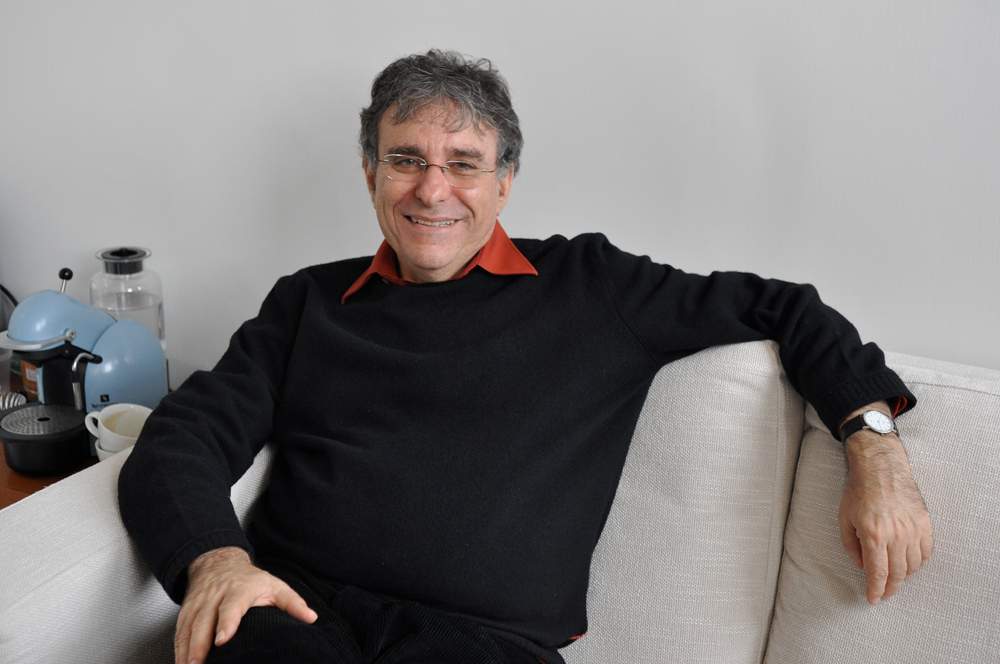Prof. Yair Reisner of the Institute's Immunology Department will be awarded the Daniele Chianelli Prize on December 15, 2002, commemorating his work of over 20 years on incompatible stem cell transplantation.
The new approach by Reisner and Martelli, known as incompatible or haploidentical stem cell transplant requires that only three of six immunological markers be matched. Such a match is always present between parents and children, and there is a 75% chance of finding it among siblings. If the search includes the extended family, more than 95% of patients can find a donor.
The achievements of the Perugia team and Prof. Reisner have aroused great interest in the scientific community. The researchers have made numerous presentations at international conferences and workshops and have published in leading scientific journals such as The New England Journal of Medicine, Science, Blood and Immunology Today. Nearly 150 patients throughout Europe have been treated using this approach, yielding significant success rates. The transplant procedure is well tolerated even in patients that are at high risk due to toxicity, advanced age, and disease stage (at least 50% of patients were transplanted in relapse of a leukemia that was resistant to all drugs).
The first mismatched transplant was attempted in 1993, in a 20-year-old factory worker from northern Italy, who had suffered from acute myeloid leukemia for a year, and had no matched donor in the family. As there was no time to search for an unrelated donor, physicians intended to perform an autologous transplant (using the patient's own stem cells), but by the time the transplant was ready, the patient's disease had relapsed. He underwent additional chemotherapy but failed to respond. By that time, his leukemia had progressed to a critical stage and infiltrated his liver and spleen. At the family's request, the Perugia team attempted a haploidentical transplant, using the patient's father as a donor.
Following a successful recovery, the patient was able to resume his normal life style and returned to his job at the factory, where he still works today.
Given the success of this first transplant the team attempted the second two months later in May 1993. This 36 year old businessman had been suffering from acute myeloid leukemia for almost 2 years, had no compatible family donor and had even been refused an unrelated donor from the international donor registries because his disease was so advanced that his condition left little room for hope. His elderly mother, who was almost 70 years old, volunteered to act as incompatible donor. Today he is in perfectly good health and has continued his successful career as an entrepreneur.
Encouraged by their success with their first two patients, the Perugia physicians went on to perform haploidentical transplants in other leukemia patients, performing nearly 150 mismatched transplants by autumn 2002.
Some of the patients who have been cured will present their stories at the upcoming award ceremony.
Prof. Reisner's research is supported by the Gabrielle Rich Leukemia Research Foundation, Switzerland; the M.D. Moross Institute for Cancer Research; the UBS Optimus Foundation, Switzerland; Mrs. Erica Drake, New York; the Ligue Nationale Francaise Contre Le Cancer, France; Mrs. Renee Companez, Australia; and Stanley A. Lewis, New York, NY. He holds the Henry H. Drake Professorial Chair in Immunology.
The Weizmann Institute of Science, in Rehovot, Israel, is one of the world's foremost centers of scientific research and graduate study. Its 2,500 scientists, students, technicians, and engineers pursue basic research in the quest for knowledge and the enhancement of humanity. New ways of fighting disease and hunger, protecting the environment, and harnessing alternative sources of energy are high priorities at Weizmann.
